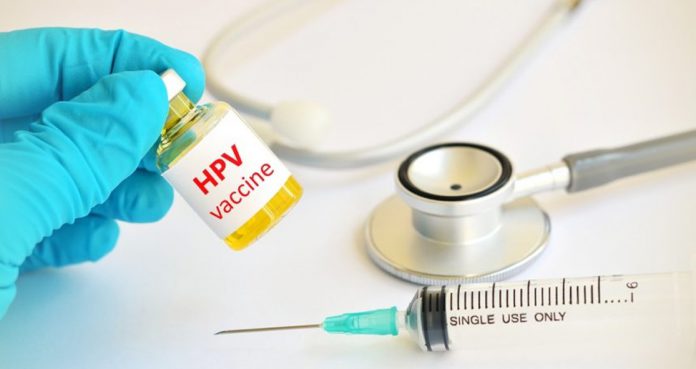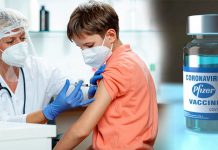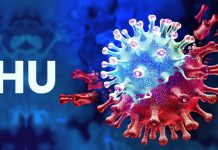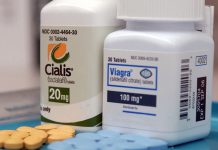For several years, medical researchers and public health officials have been determining that just a couple of doses of the HPV vaccine, rather than three, are sufficient to prevent infection responsible for causing genital warts and multiple cancers and genital warts, provided individuals get it in their early adolescence.
However, a new study has suggested that only one dose is enough to prevent several cancers.
An Australian study has found that women who received only one HPV vaccine dose had high levels of protection. Previous studies have already evidently shown that three HPV vaccine doses are highly effective at protecting women against cervical cancer and two doses effective in those who receive it before age 15.
Well, the current finding has been promising, given the fact that most women do not return for their second dose of the HPV vaccine because they feel that getting the shot is more painful than other vaccines.
Lead study author Julia Brotherton said, “If one dose could prevent precancerous cervical lesions, then global cervical cancer prevention would be greatly facilitated.”
Human Papilloma Virus is commonly transmitted sexually, though not always. HPV is responsible for nearly 5 percent of all cancers in the world, including cervical and anal cancer. The virus also causes infections that lead to one-third of penile cancers and half of vaginal and vulvar cancers.
The cervical cancer rates have dropped by more than 70 percent – thanks to routine screenings. However, screening is not done for the other cancers caused by HPV. Therefore, the HPV vaccine is the most effective way to prevent these cancers.
After an in-depth analysis and evaluation, the researchers found that women who received one or two doses of the HPV vaccine were as protected as women receiving three doses.
The researchers wrote, “We believe that these data support decision-makers to consider how a one-dose HPV vaccination schedule, or a planned schedule with a 3–5 year interval between doses, could reduce vaccine demand globally (which currently exceeds supply) whilst awaiting confirmation of equal protection from one dose against HPV infection from the randomized trials currently underway.”
However, the authors said that these findings do not mean that those getting the vaccine should skip the second, or maybe third, dose. The current evidence is relatively new and requires more research. Currently, the CDC recommends continuing with two doses of the HPV vaccine for younger girls and three doses for those who take it after turning 15.























